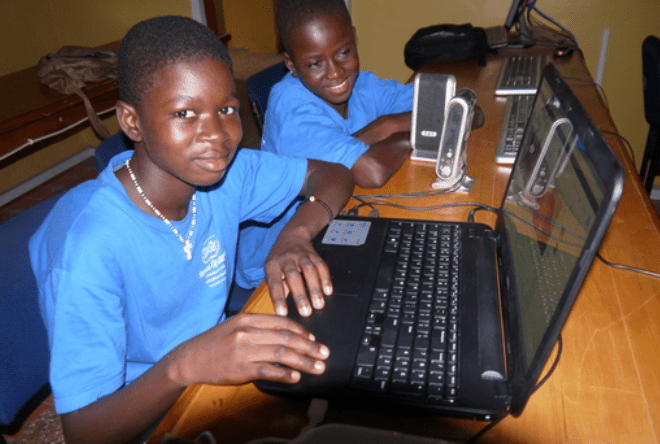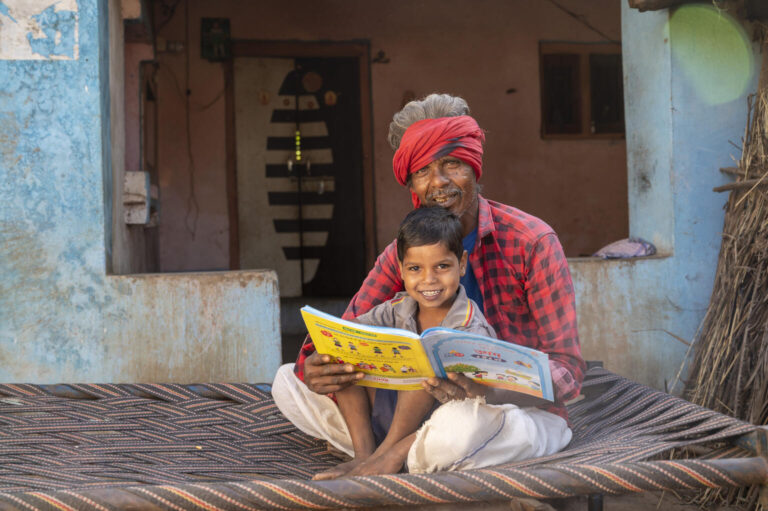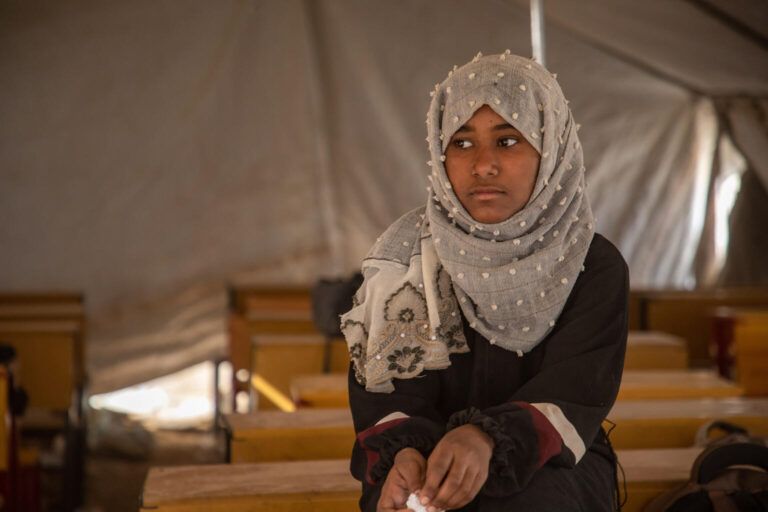MICS-EAGLE data continue to influence policies on children’s education
The global disruption to children’s education caused by the COVID-19 pandemic brought education systems to a halt, threatening an entire generation of schoolchildren with learning losses that could last a lifetime. As the international community clamored around the dire need to reopen schools, evidence about the reality of unequal access to education and inequitable learning outcomes was brought to light. In short, it was evident that the learning crisis existed well before the pandemic.
We knew that if we wanted to tackle the education crisis for all, countries would need to know which children were in school and which were missing out; which children were learning and which were falling behind their peers. And in paving the path towards more resilient education systems that can better withstand future pandemics, which children can access remote learning and which are beyond reach? That’s where the Multiple Indicator Cluster Surveys-Education Analysis for Global Learning and Equity initiative (MICS-EAGLE) comes into play. Through MICS-EAGLE, countries have access to data in an easy-to-understand format on topics such as foundational learning skills, inclusive education for children with disabilities, and out-of-school children. Decision-makers can leverage these data to create evidence-based policies that change children’s lives.
Funded by the Global Partnership for Education Knowledge and Innovation Exchange (GPE-KIX), the MICS-EAGLE initiative has been working to impact education policy for over two years. Over the past year, Togo, Ghana, Kiribati, and Lesotho are among the countries that have demonstrated how these data can be transformed into action.
Focusing on out-of-school children in Togo
In Togo, data on out-of-school children led to a national decree to combat the problem in August 2021. The data indicated that at the upper secondary level, 38 per cent of children from the poorest families are out of school, which is well above the national average. Presented with this information, government officials proposed a policy measure that would abolish school fees for children from the poorest families as a strategy to reduce the dropout rate. Acting upon this proposed policy measure, the government decreed that for the 2021-2022 school year, tuition fees for secondary school students coming from the poorest households would be abolished. The decree was intended to support poor households, especially given the impact of COVID-19, and to help prevent children from dropping out of school.
Redesigning remote learning policies in Ghana and Kiribati
Both Ghana and Kiribati relied on MICS-EAGLE data highlighting remote learning readiness to help guide the way they deliver education. Given that MICS collects data on tools that households have available that can support learning at home, such as electricity, internet, computers, television and radio, these data can serve as a key source of information for countries’ remote learning response policies.
After receiving data on the reach of remote learning tools, officials from the Ministry of Education/Ghana Education Service (MoE/GES) were inspired to focus on reimagining education. As the data revealed that only 19 per cent of students had access to the internet, policymakers realized the importance of improving digital learning technology with a view towards advancing more digitized forms of learning in the future. Subsequently, the MoE/GES has begun to embrace the use of technology and digital solutions and expand their access to reach a greater number of teachers and learners. Since the data also showed that 57 per cent of students had access to radio, digital training packages are being supplemented with radio programmes to complement regular classroom teaching and learning. 
Kiribati relied on MICS-EAGLE data to revise its remote learning policy to ensure that no child would be left behind and lose out on learning due to school closures. Initially, remote learning strategies focused on the provision of digital and radio lessons. Yet, according to MICS-EAGLE data, only 53 per cent of students had access to the internet, and 47 per cent to radio. When presented with these findings that half of students did not have access to any remote learning tools, the government realized that many children were missing out entirely on learning during the period of school closures and acted to change the policy. Remote learning strategies were then revised to add the development, distribution, collection and marking of worksheets and similar assessments so that all children could participate in learning.
Prioritizing foundational skills in Lesotho
In Lesotho, ongoing discussions with the Ministry of Education and Training (MOET) have focused on strengthening children’s foundational literacy and numeracy skills after findings from MICS-EAGLE indicated that only 17 per cent of children in Grade 3 have the expected reading skills (whether in Sesotho or English) and a mere 2 per cent have the expected numeracy skills. The MOET is currently in the process of developing a national, comprehensive strategy for learning continuity, with a view towards building a more resilient education system. A workshop is being organized to set the stage for stakeholders to agree on a roadmap to follow, with rigorous models such as teaching at the right level and structured pedagogy being considered as a means for improving children’s foundational skills.
Each of these country initiatives demonstrates how MICS education data can be leveraged to create policies that benefit children and that are amenable to the national context. As MICS-EAGLE enters its third year, we expect to see even more data-informed policy making, all with the objective of advancing more inclusive and equitable education systems that better serve children around the world.





